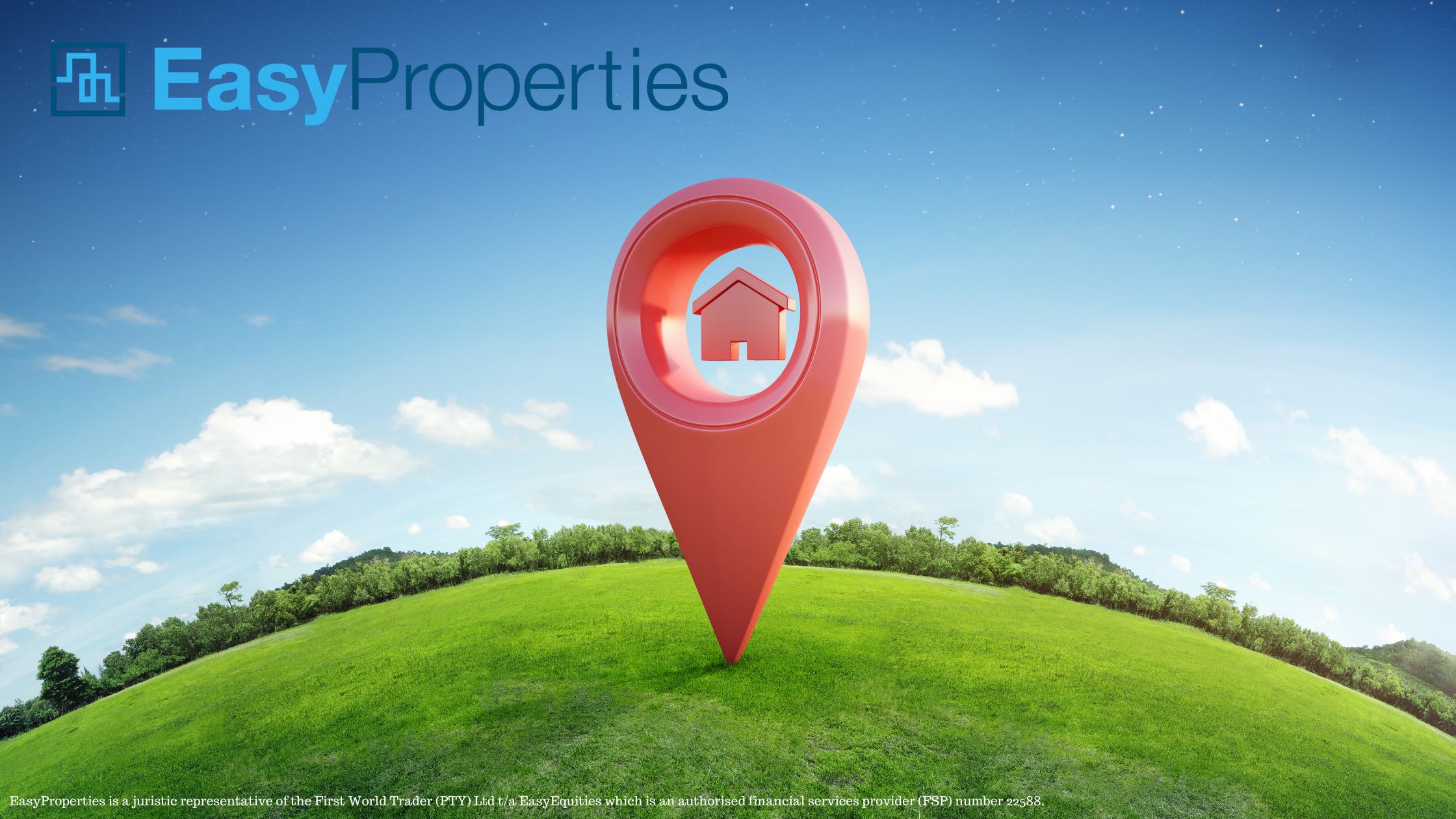When markets are booming, you can choose to buy almost any share and you’re likely to make money. However, quote the sage of Omaha, Warren Buffet, “It’s only when the tide goes out that you see who was swimming naked”. In other words, when markets cool down and rationality prevails, only the companies with strong fundamentals will remain attractive and outperform the rest of the market. The same thing is true with property.
What makes up the fundamentals of a good property? You may have heard the adage about there being 3 keys to property “Location, location, location” but much like the phrase “you can’t have your cake and eat it too” you may be left wondering, what does that actually mean? i.e., what determines a good location?
In my mind, there are 3 key factors to consider:
Proximity to Amenities
When you’re 21, being neighbours with your local nightclub might seem like a great amenity. But trust me – that too will pass. You need to consider what is valuable and convenient to the highest number of people - not a selected portion of the population. This means, being close to shops or malls, schools, offices or job opportunities, restaurants, and transport networks. These things never go out of fashion and will always be key drivers of any tenant or future prospective buyer.
The Neighbourhood
When looking at a neighbourhood, there are several factors you want to keep in mind.
- Get a sense of whether the neighbourhood is improving or regressing. You don’t want to board a sinking ship. You can see this by how many properties are being renovated and improved vs the ones that are being left to dilapidate.
- How good is the general security in the area? This is a factor that is becoming more and more important in South Africa
- The appearance of the area. Natural landscaping, lots of trees or parks, old school charm or heritage?
In all locations there are winners and losers
Lastly, if the best location is all we’re looking for then we should only buy in the best neighbourhood in the country, right? That’s nice in theory but according to a recent article in BusinessTech the average property in Clifton is R23m so that rules out 99,99% of us and you’ll also find that the return on those Clifton properties is more for one’s ego than for one’s bank balance. You still need to buy at the right price for the neighbourhood you’re buying in so that you don’t find yourself with the nicest 5 million Rand 1 bedroom apartment in Buffelspoort.
If you stick to these principles, you may find that you climb the property ladder faster than you thought and one day, you can afford the property in Clifton. Though we don’t recommend you buy it.
By our partners at Narrative.





.png)
